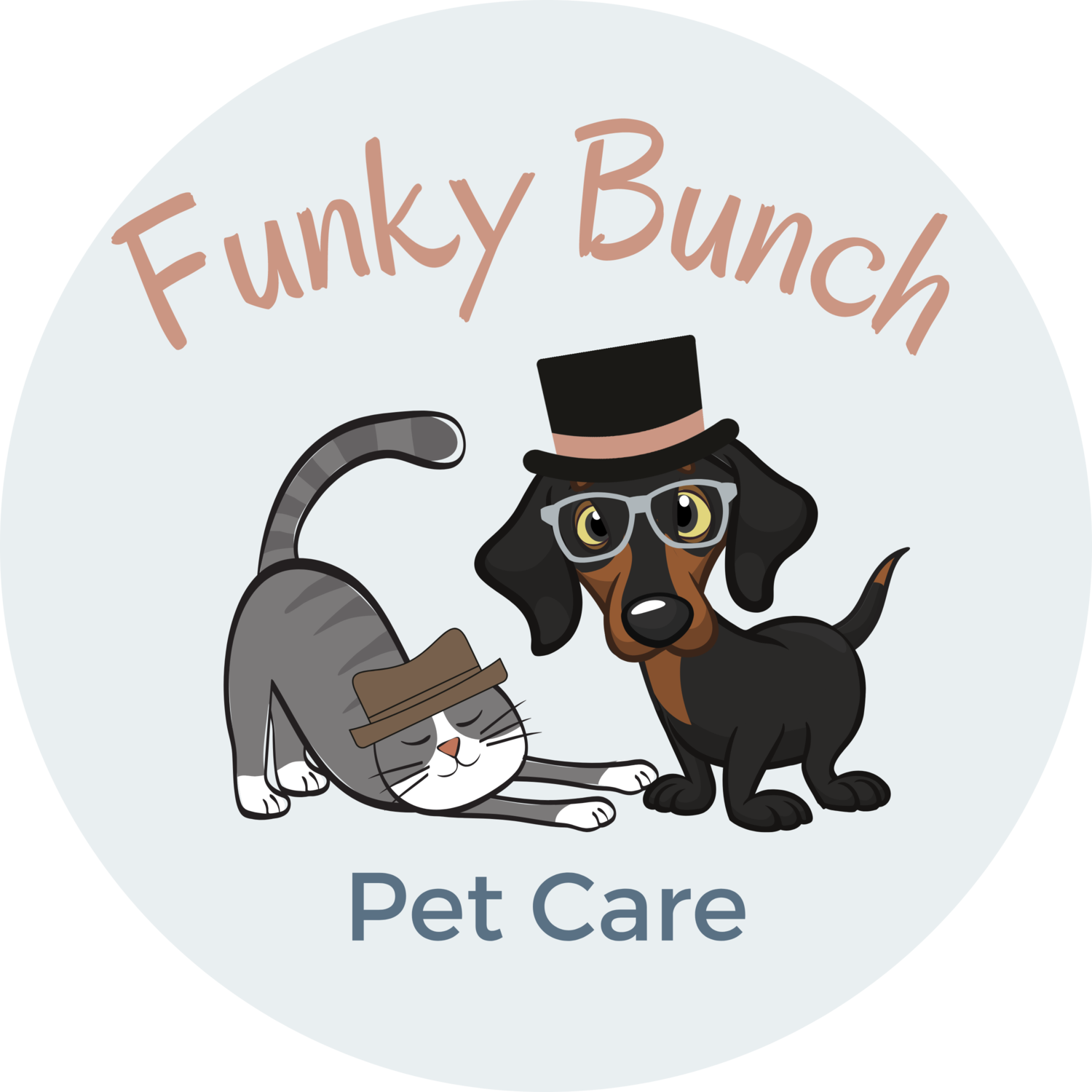The Crucial Task of Dog Poop Management: A Guide for Responsible Pet Owners
For every dog owner, managing your furry friend's waste might seem like a mundane task, yet it holds significant importance not only for your pet's health but also for the community and environment at large. Proper poop management is a cornerstone of responsible pet ownership. It's about much more than just keeping our shoes clean; it's a matter of public health, environmental stewardship, and neighborly respect.
The Importance of Picking Up Dog Poop
Health Risks
Dog poop is not just an eyesore; it's a cocktail of harmful bacteria and parasites, including E. coli, Giardia, and Salmonella. These pathogens pose a real threat to humans and other animals, potentially leading to serious illnesses. When left unattended, pet waste can be a direct line for diseases to spread in the community.
Environmental Impact
The environmental repercussions of not picking up dog waste are profound. Rain can wash these pathogens into our waterways, leading to pollution of rivers, lakes, and streams. This not only affects aquatic life but can also compromise the quality of water that ends up in our own homes.
Neighborly Courtesy
Picking up after your dog is also a gesture of consideration towards your neighbors and community. It helps maintain the cleanliness and aesthetics of shared spaces, preventing the unpleasantness of stepping in or smelling dog poop during outdoor activities.
Lawn Damage
Contrary to some beliefs, dog poop does more harm than good to your lawn and garden. Its acidic nature can kill grass and plants, leaving unsightly brown spots and contributing to an unhealthy yard environment.
Common Misconceptions About Leaving Dog Poop
1) It's Natural Fertilizer
Many people mistakenly believe that dog poop can act as a natural fertilizer. However, unlike cow manure, which can nourish plants, dog poop is too acidic and can actually harm your lawn and garden. The difference lies in the diets of these animals; herbivores produce waste that's beneficial for plants, while carnivores, including dogs, do not.
2) It Will Just Break Down Naturally
Another common belief is that dog poop will simply decompose naturally without causing any harm. This is a dangerous misconception. Decomposition takes much longer than most realize, and during this time, the poop can contaminate the soil and water, posing health risks.
Practical Tips for Dog Poop Management
Regular Cleanup
Setting a daily or weekly schedule for yard cleanup can significantly reduce the risks associated with dog poop. It prevents accumulation and maintains a healthier environment for everyone.
Proper Disposal
Using biodegradable bags and dedicated pet waste trash cans ensures that the poop is disposed of in an eco-friendly manner. This small step can make a big difference in minimizing environmental impact.
Health Monitoring
Regularly cleaning up after your pet also offers an opportunity to monitor their health. Changes in your dog's waste can be early indicators of health issues or dietary problems, allowing for prompt veterinary care.
Understanding the importance of picking up dog poop and correcting misconceptions about it are crucial steps toward responsible pet ownership. By adopting proper waste management practices, we contribute to the well-being of our pets, our communities, and our planet.
Do you have thoughts or questions on dog poop management? If you're struggling to keep up with pet waste cleanup, Funky Bunch Pet Care is here to help. Our professional services offer a convenient solution for busy pet owners, ensuring your outdoor spaces remain clean and healthy. Contact us today to learn more about how we can support your pet care needs.

